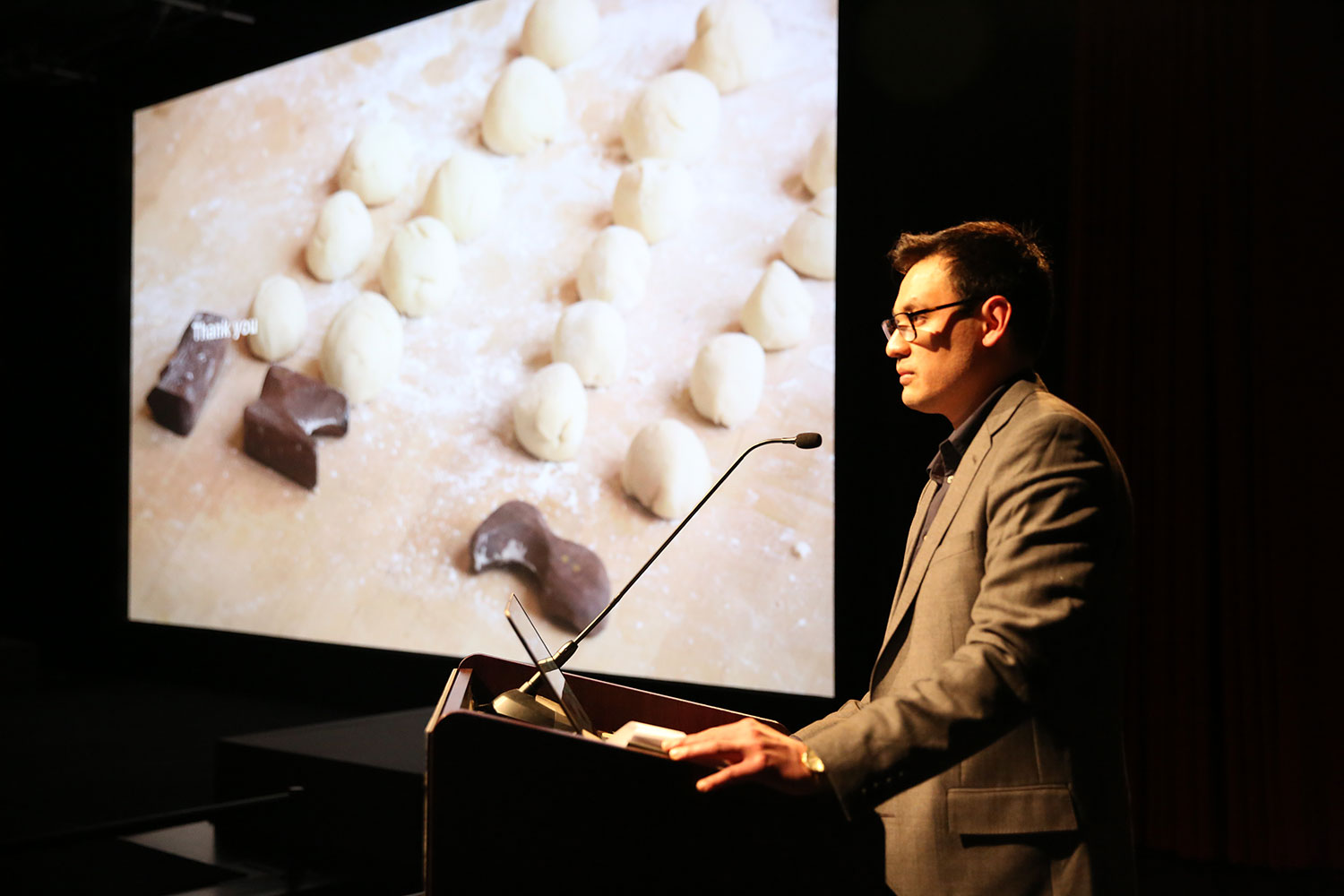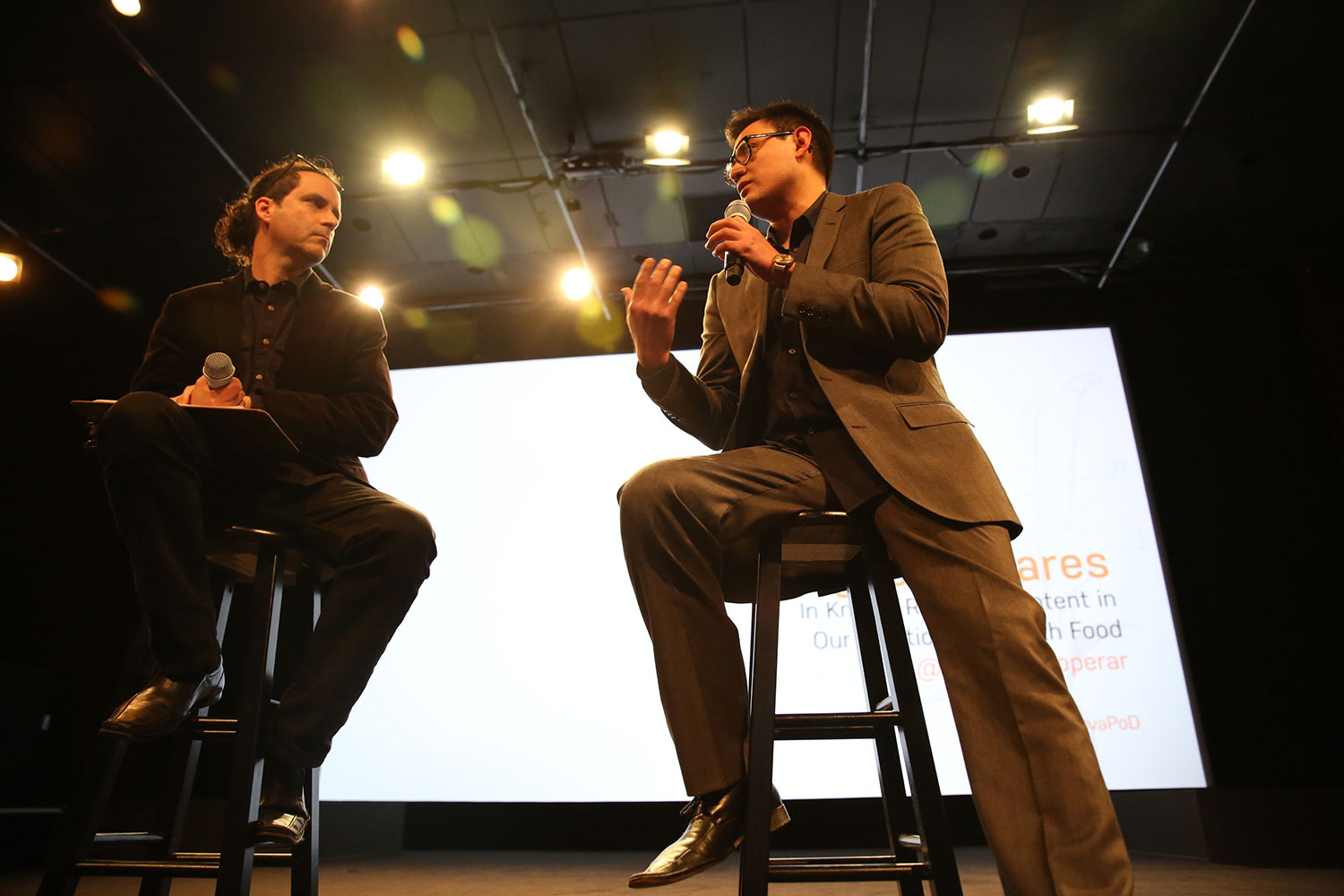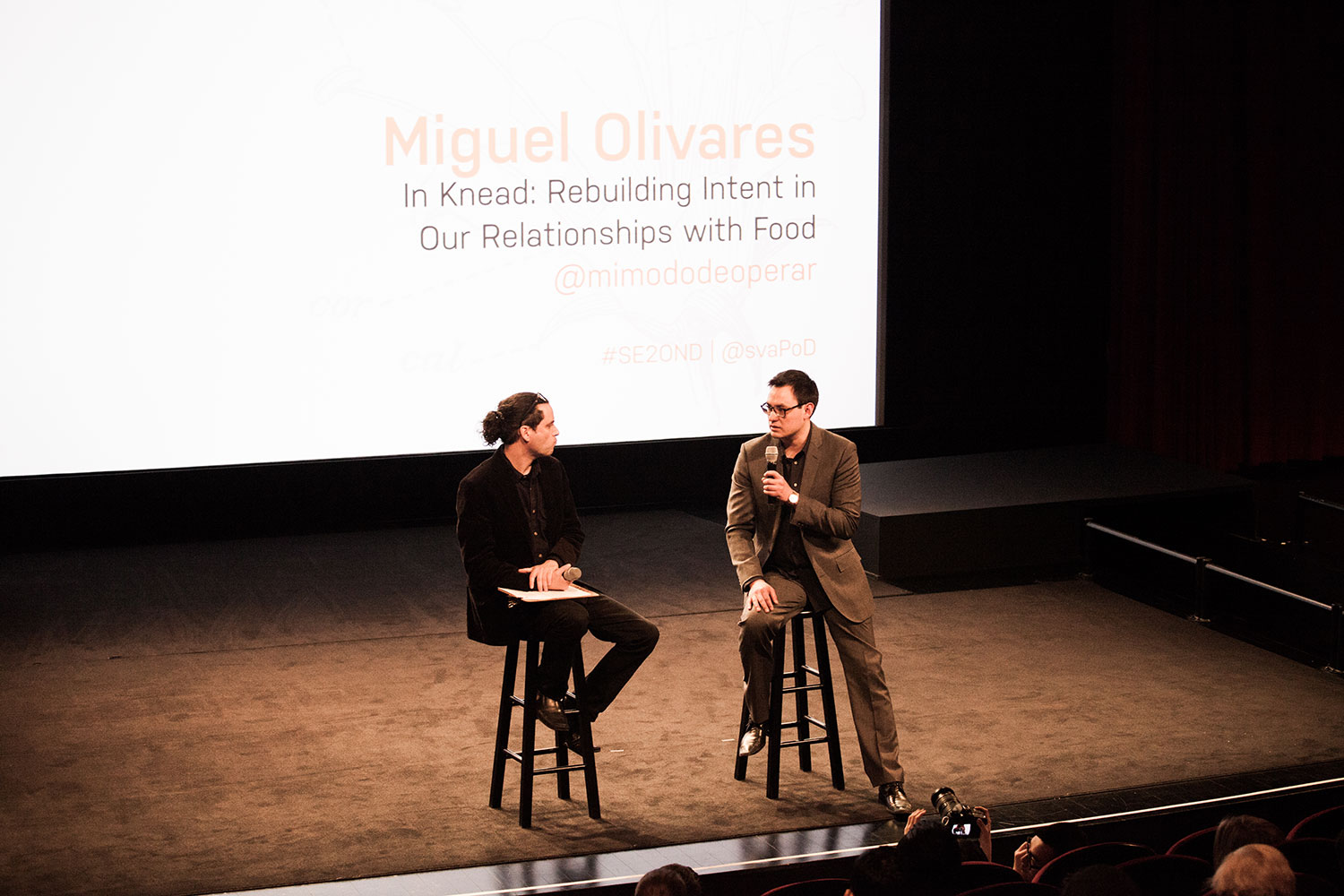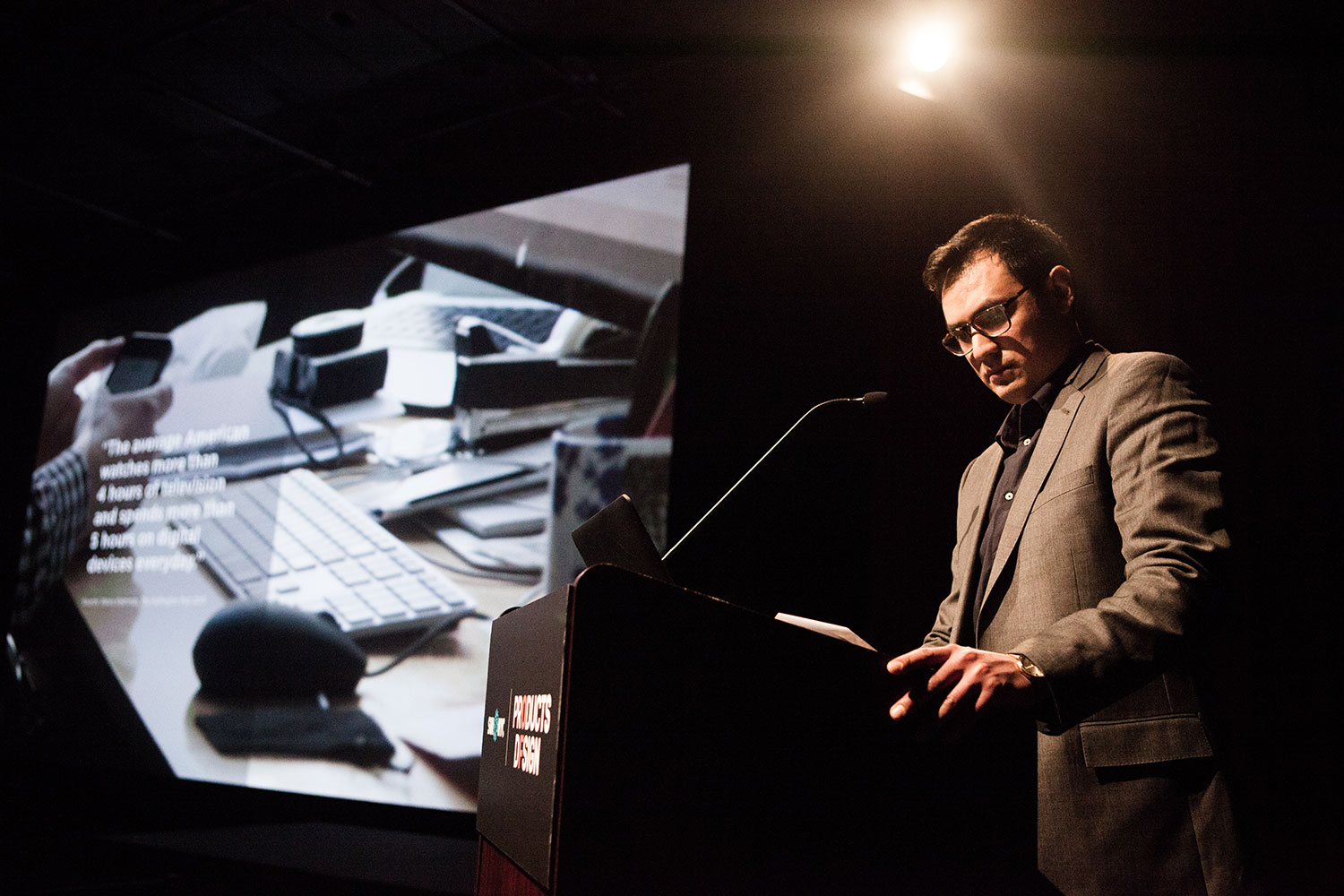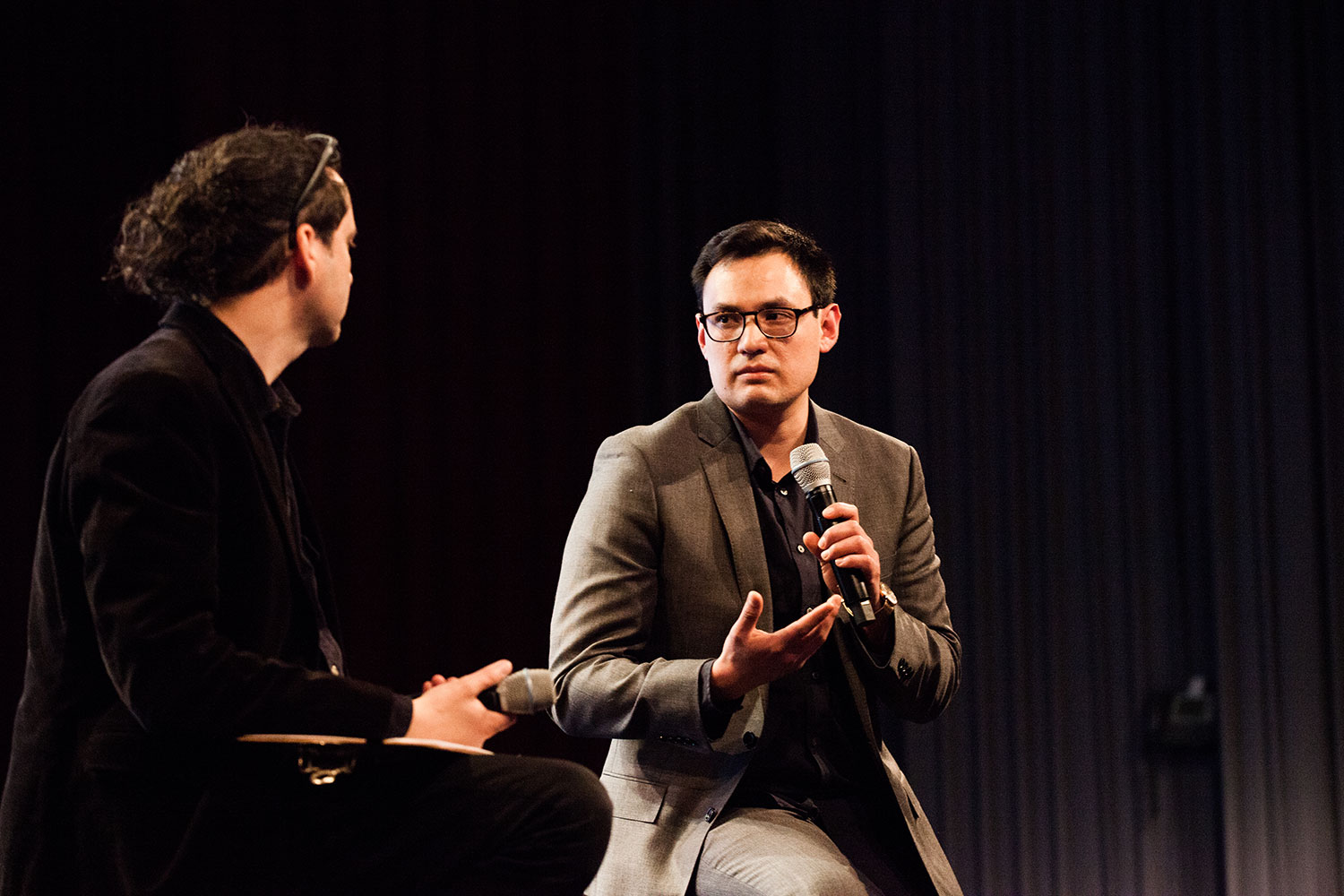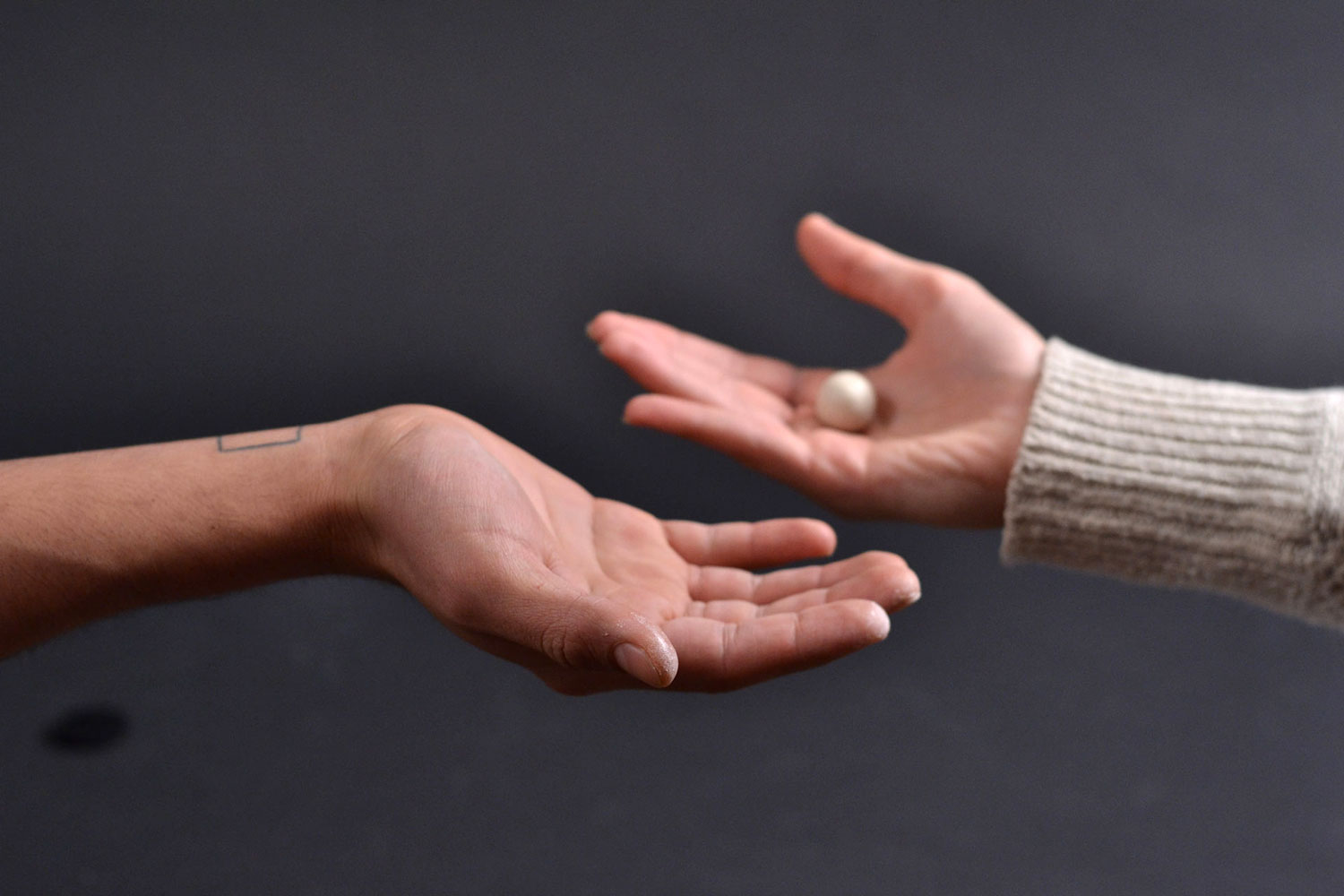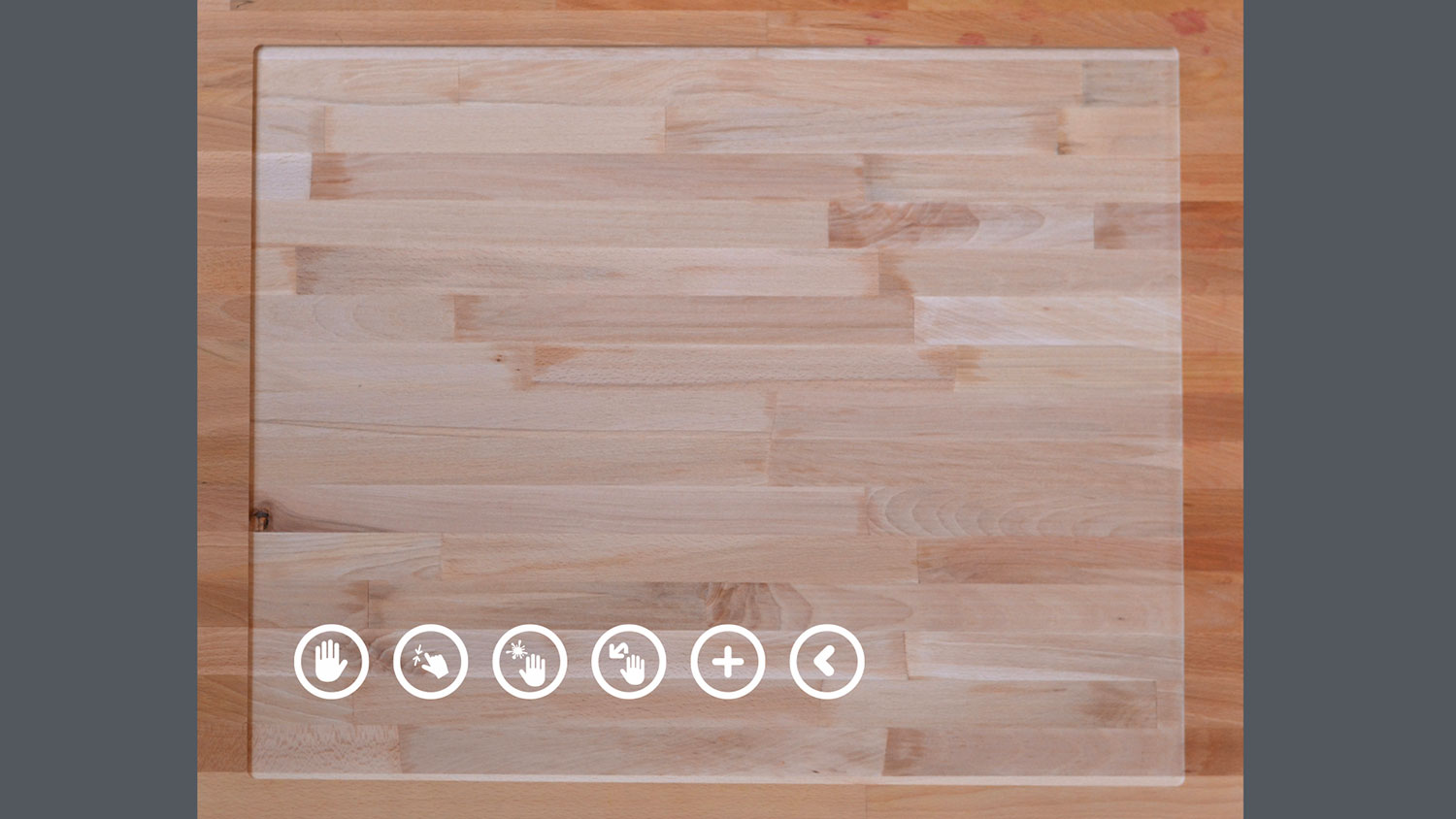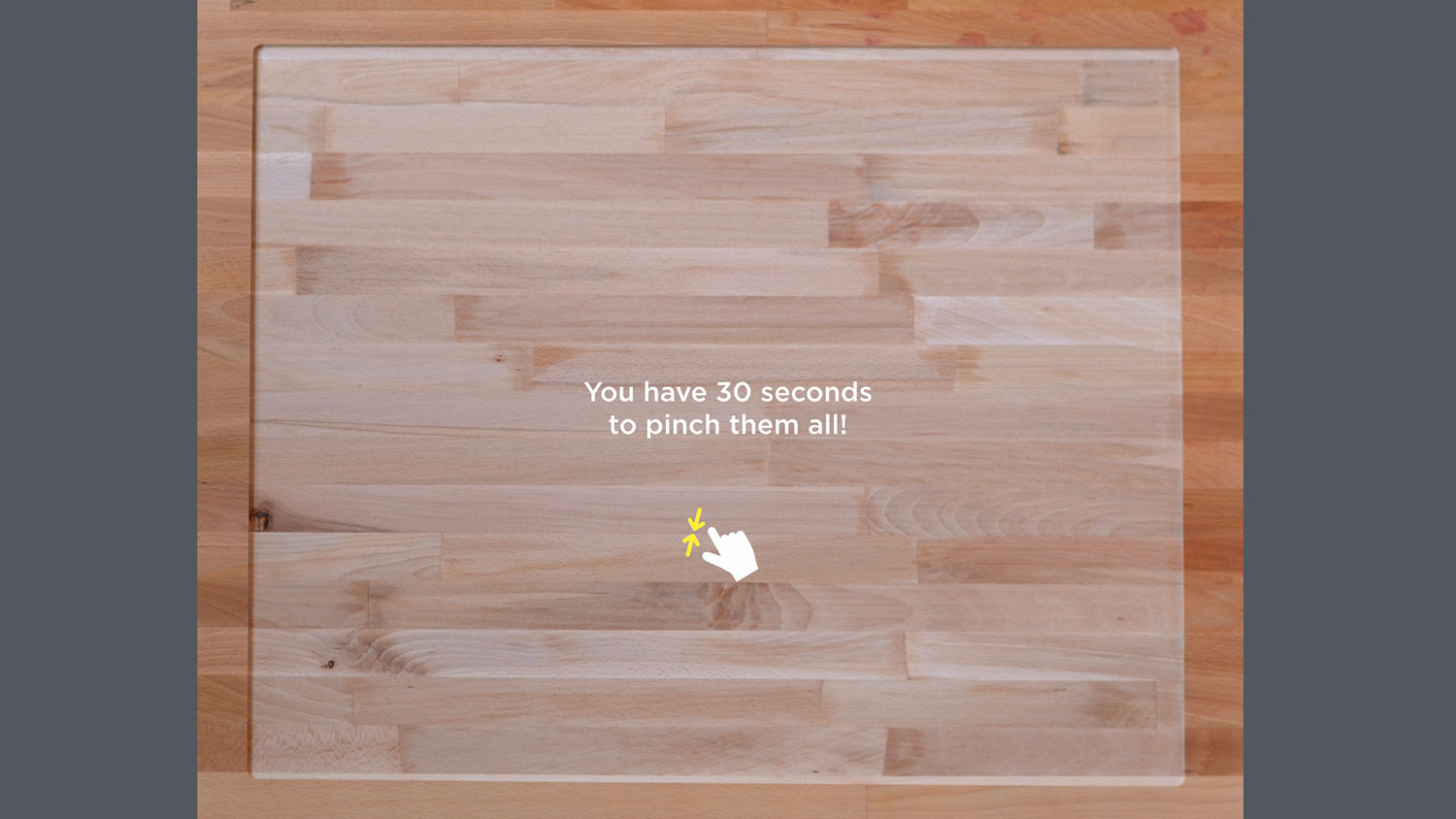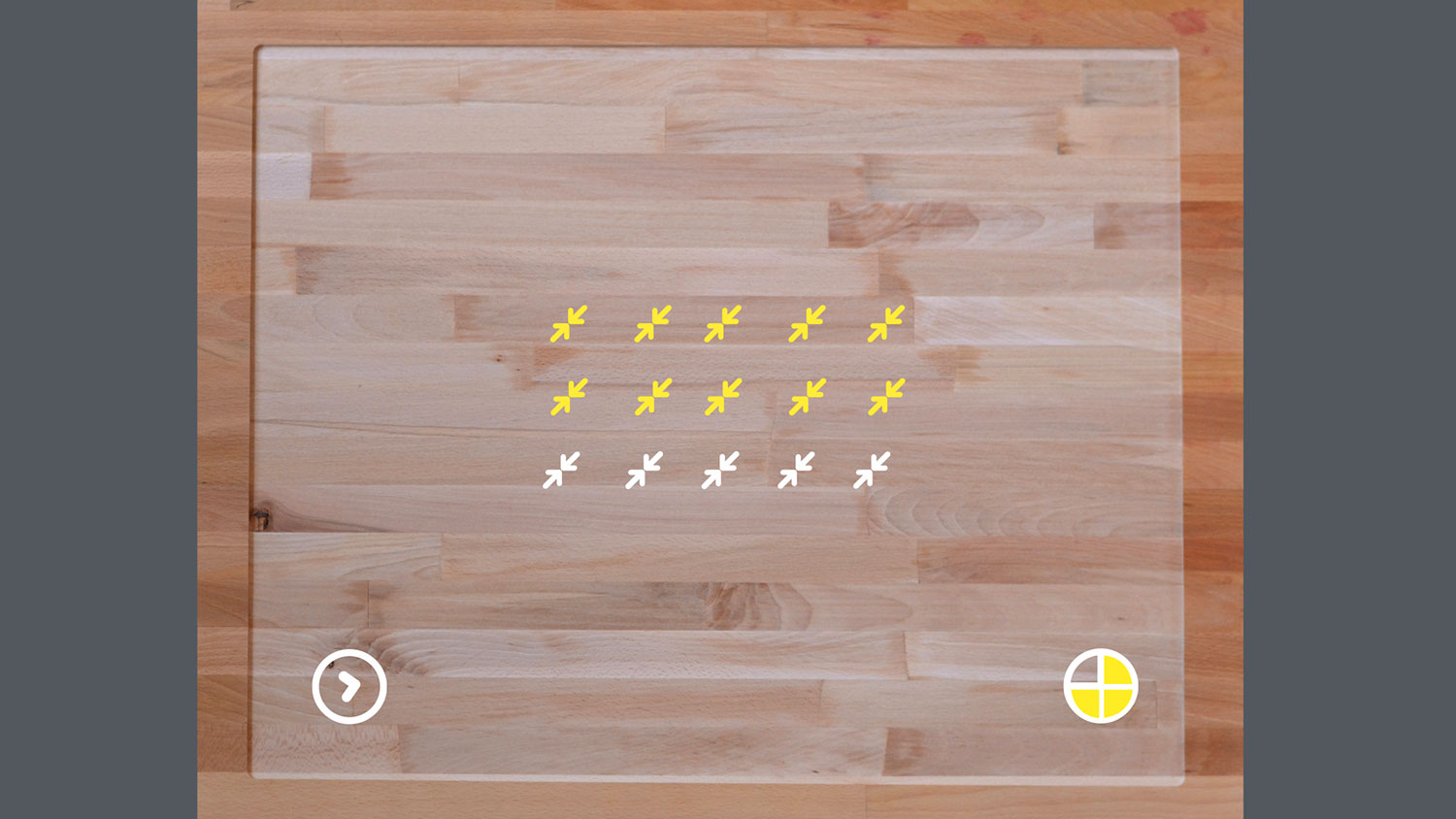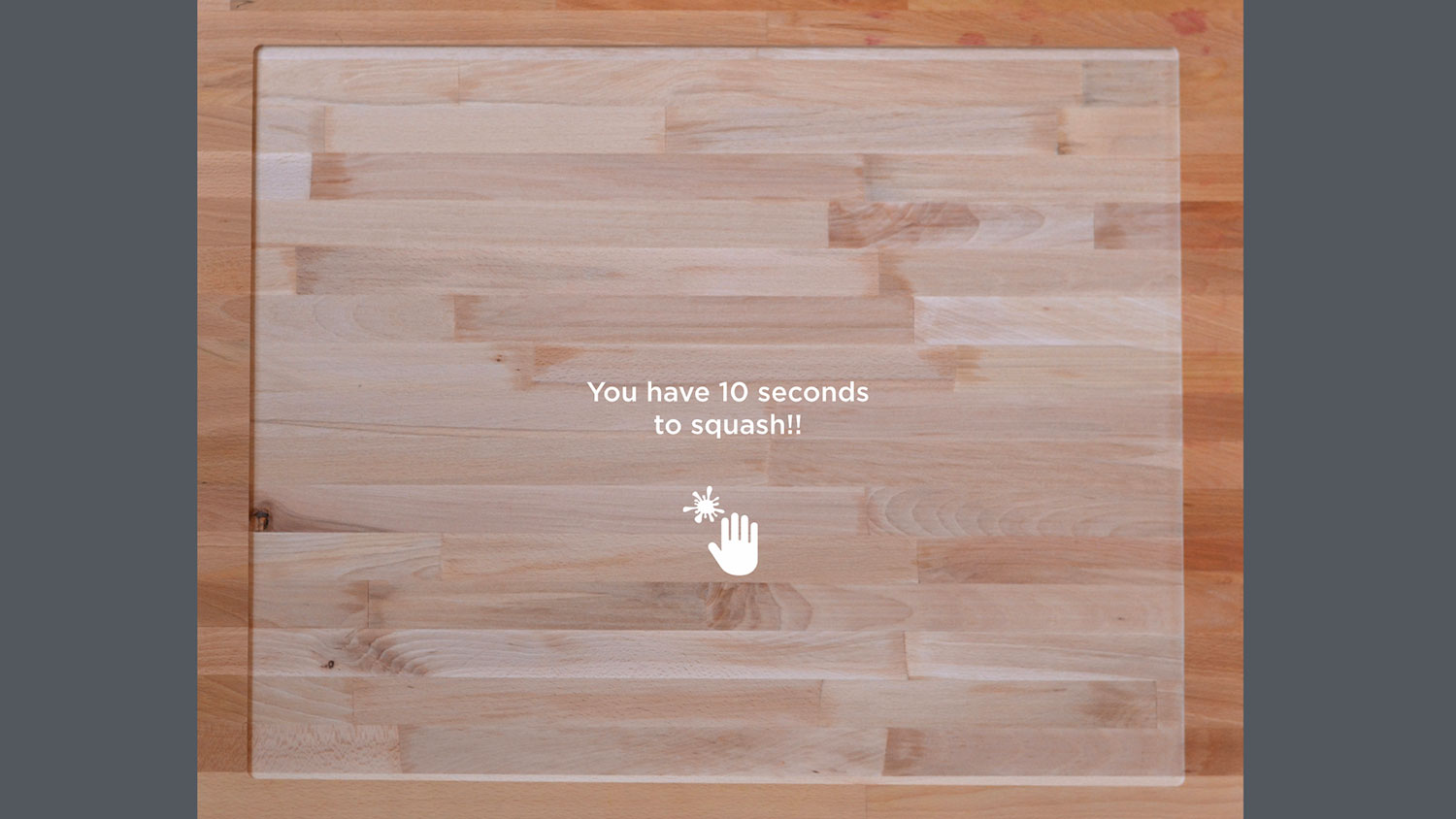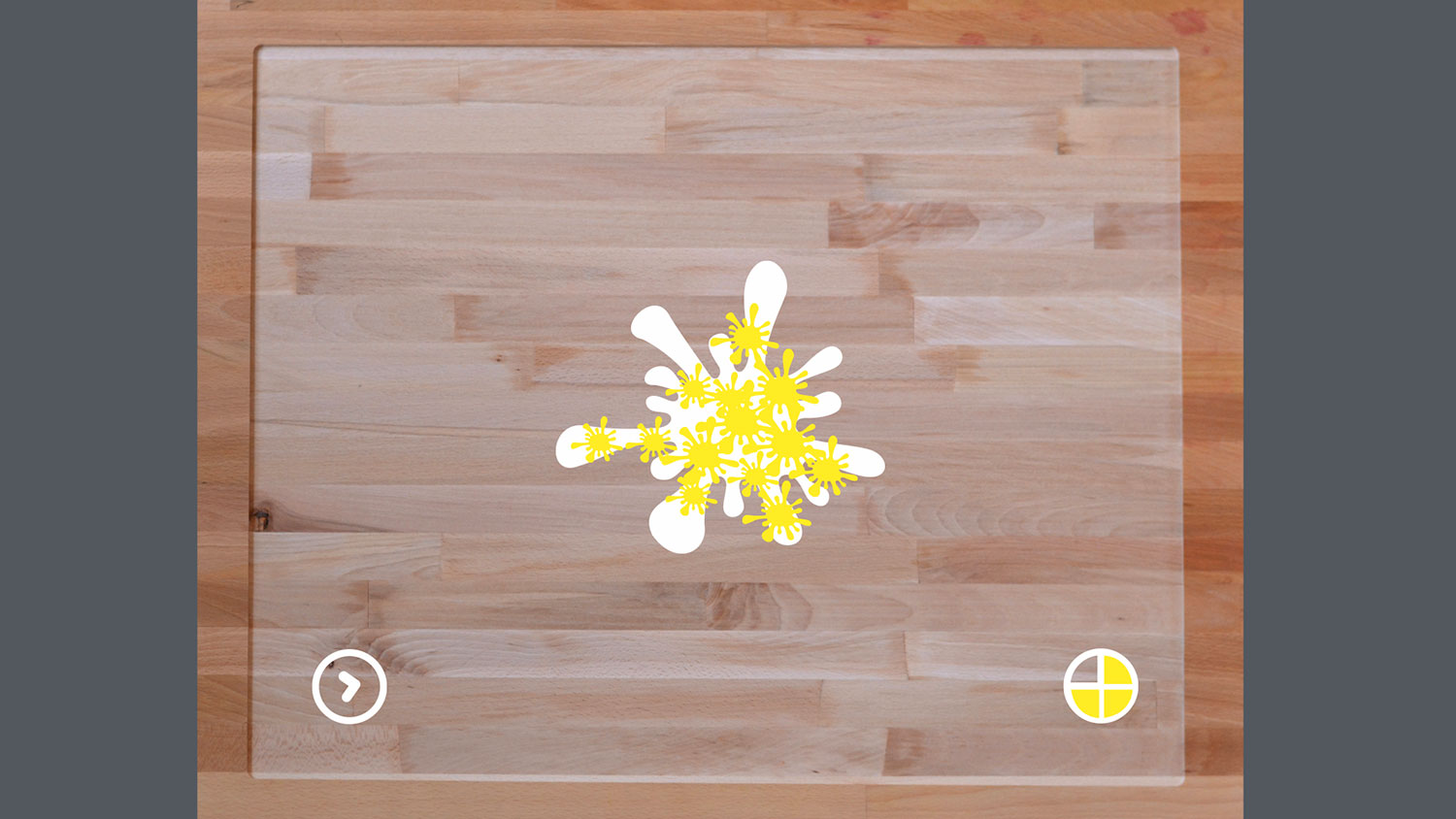MASTERS THESIS: In Knead: Re-Building Intent in Our Relationship with Food, by Miguel Olivares
Products of Design MFA student Miguel Olivares’s thesis, In Knead: Rebuilding Intent in Our Relationship with Food, examines the importance of how food can be a material for design. Miguel’s love for food and design started during a 10-day workshop at the Domaine de Boisbuchet, France, where he began to study the physical, emotional and experiential benefits associated with cooking.
Miguel began a self-imposed diet where he only ate the foods that he loved if they were made from scratch.
Inspired by the work of neurologist Frank Wilson and philosopher Martin Heidegger, In Knead focuses on the influence that the hands have on how we engage in our daily lives. It’s a case study in creating purpose through cooking, and is explored as a set of tools, a digital interface, a public experience, and a business enterprise.
Miguel’s vision for “In Knead” is to bring attention to the growing field of food design and to show how cooking with intent can create meaning in our relationships with food. By deepening our relationship with food, we can also benefit the communities and places we live in.
Miguel began to interview various stakeholders within the world of food design and food enterprise, informing his primary research into the history of the tools and techniques humans use to cook. He took special interest in the research around anthropology and food science by Bee Wilson. Wilson’s Consider the Fork: A History of How We Cook and Eat served as a key reference for Miguel’s design work. In the text, Wilson describes the relationship between the human body and the tools we use for cooking. And inspired by this dynamic—rather than solving for specific problem spaces—Miguel focused on designing solutions that would evoke new ways of seeing the complexities within the food ecosystem.
Miguel began his investigation into how intent can affect the meaning of objects by shaping clay into “gestures of generosity.” He then began a self-imposed diet where he only ate the foods that he loves if they were made from scratch. This series of material studies, along with the diet, inspired a set of bread-making tools that illustrated the notion that “our tools are shaped by the intent we knead into them.”
Miguel’s next iteration analyzed the touchpoints where tools would improve the process. And inspired by watching artisanal bakers in Mexico, he identified techniques that would inform his designs. The final designs are hand-crafted Mahogany bread tools, in keeping with the artisanal bread-making process he practices and is inspired by.
“Elements” is a digital worktable where you can practice, play, and perfect your cooking techniques.
Going Digital
Focusing on the value of work and practice, Miguel designed Elements, a digital worktable where you can practice, play, and perfect your cooking techniques.
By combining the ingredients of projection technology with haptic feedback, Miguel created an educational tool that was also a delightful cooking experience. Miguel’s research and interviews with professional chefs, restaurant owners, and cooking class experts lead him to focus on simulating manual cooking techniques for the software—differentiating Elements from other digital interfaces which only focus on leading individuals through recipes, rather than the development of skills.
Experience Design
Continuing with his hands-on approach, Miguel created a serious of experiences that allowed participants to create delightful, playful dishes.
KiKo Kitchen is a market, a fermentation bar, and a kitchen space designed to bring us closer to the way we grow, prepare, and share our food.
Kiko Kitchen
These designs prompted Miguel to develop a business concept that educated people on where their food comes from, and how it is grown. Coupling his 12 years in the grocery business with his passion for food, he created Kiko Kitchen. KiKo Kitchen is a market, a fermentation bar, and a kitchen space designed to bring us closer to the way we grow, prepare, and share our food. Kiko Kitchen offers educational workshops, shared meals, and company events that are designed to be memorable, immersive food experiences.
Since The New York Times and other national publications have reported that fermentation is the “next big trend in 2015," the menu at the fermented bar would have such drinks as Kombucha, Shrubs, and other fermented drinks from around the world. Miguel’s Mexican background and rich cuisine heritage would also influence the menu. The merchandising and event space would take cues from the SHED in Northen California and The Brooklyn Kitchen.
Miguel’s vision for In Knead is to bring attention to the growing field of food design and show how cooking with intent can create meaning in our relationships with food. By deepening our relationship with food, we can also benefit the communities and places we live in.
Learn more about Miguel at maozdesign.com, and contact him at molivares[at]sva[dot]edu.


